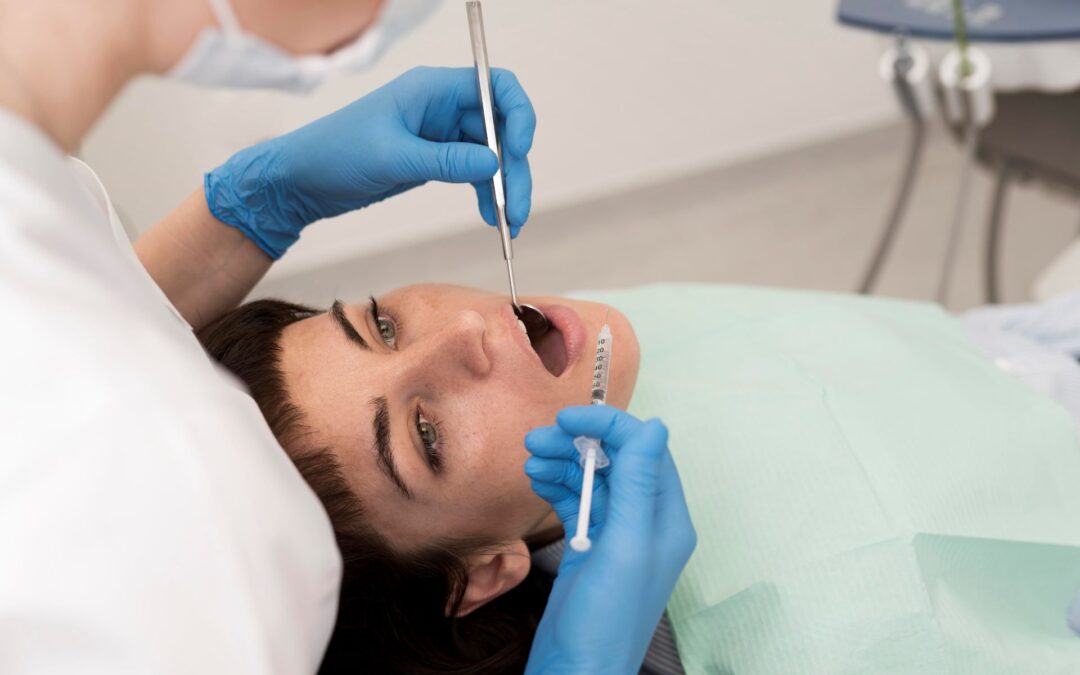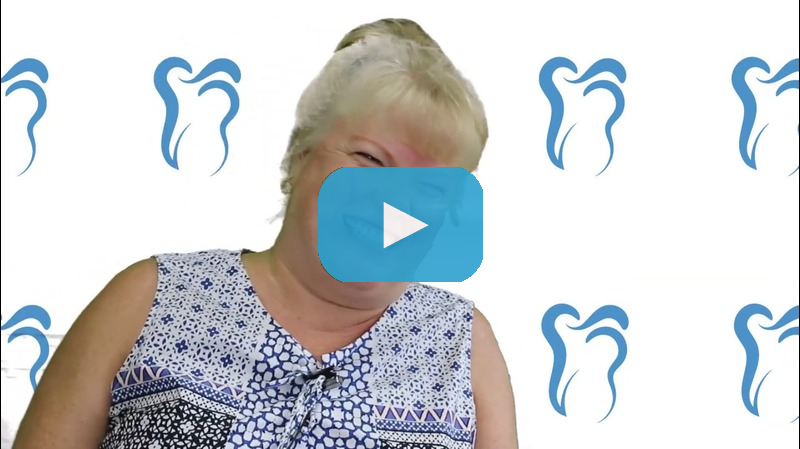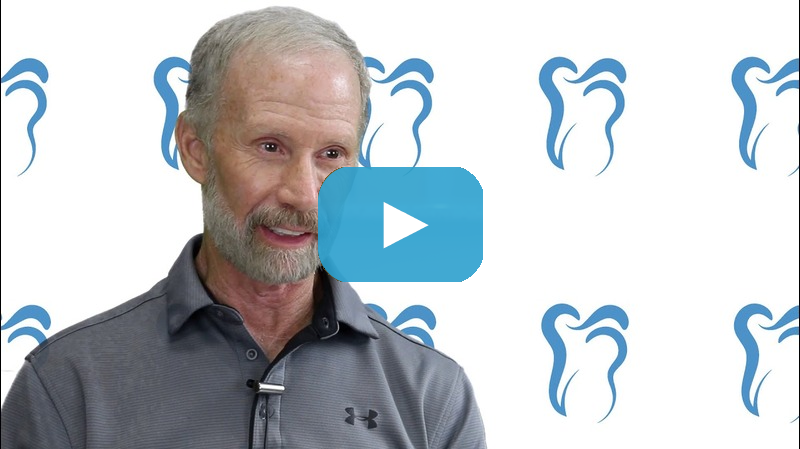Maintaining good oral hygiene is essential to your overall health, and regular dental cleanings are a critical part of that process. However, not all cleanings are created equal. There are two main types of professional cleanings: regular cleaning and periodontal cleaning. While both serve the same general purpose—maintaining a healthy mouth—they differ in their methods, goals, and the condition of your gums. In this blog post, we will discuss the key differences between periodontal cleaning and regular cleaning, and how each contributes to optimal oral health.
What is Regular Cleaning?
A regular cleaning, also known as a routine or prophylactic cleaning, is the most common type of cleaning you will undergo during your dental checkup. This cleaning is typically done by a dental hygienist and is recommended for patients who have healthy gums and teeth. Regular cleanings involve the removal of plaque and tartar that accumulate on your teeth and gums over time.
During the procedure, the hygienist will use specialized tools to carefully clean the surfaces of your teeth above the gum line. They will also polish your teeth and may apply fluoride to help strengthen your enamel. Regular cleanings are generally quick and painless, and they are a vital part of preventing cavities, gum disease, and other dental problems.
What is a Periodontal Cleaning?
On the other hand, a periodontal cleaning is more intensive and is performed when gum disease is present. Periodontal disease, also known as periodontitis, is an advanced stage of gum disease that requires more specialized treatment. This condition often results from poor oral hygiene, leading to the buildup of plaque and tartar below the gum line. As the disease progresses, it can cause inflammation, bleeding, and even tooth loss.
Periodontal cleanings involve a process called scaling and root planing. The dentist or hygienist will use specialized tools to remove plaque and tartar from both above and below the gum line, which cannot be addressed during a regular cleaning. They will also smooth the tooth roots to help the gums reattach to the teeth. This treatment may require more than one visit, depending on the severity of the gum disease, and it may be accompanied by local anesthesia to ensure the procedure is as comfortable as possible.
When Do You Need Periodontal Cleaning?
If you have been diagnosed with gingivitis or periodontitis, your dentist may recommend a periodontal cleaning. Gingivitis, the earliest stage of gum disease, often causes symptoms such as red, swollen, or bleeding gums. If left untreated, it can progress into more severe forms of gum disease, such as periodontitis, which can cause tooth loss if not managed properly.
A Gingivitis Treatment Phoenix clinic can help identify the presence of gum disease and determine whether you need a regular cleaning or a more intensive periodontal cleaning. In cases where gum disease is detected, it is essential to address it promptly with the appropriate cleaning to prevent further complications.
How Are Regular and Periodontal Cleanings Different?
The most significant difference between regular cleaning and periodontal cleaning lies in the severity of the gum condition being treated. Regular cleanings are for healthy gums and involve less invasive procedures, while periodontal cleanings address advanced gum disease and require a more thorough approach.
Depth of Cleaning:
Regular cleanings focus only on the visible areas of your teeth above the gum line. In contrast, periodontal cleaning targets the areas below the gum line, where tartar and plaque can build up and cause damage to the gum tissues and bone structure.
Tools Used:
The tools used for periodontal cleaning are often more specialized than those used for regular cleanings. For example, a scaler and ultrasonic instruments may be used to remove hardened plaque from the roots of your teeth, while regular cleanings typically involve handheld tools for cleaning the visible surfaces.
Duration of the Procedure:
Regular cleanings are usually completed in a short time frame, typically around 30 to 60 minutes. Periodontal cleanings, however, can take longer, especially if there is significant gum disease. The procedure may require multiple visits to achieve the desired results.
Pain and Discomfort:
Regular cleanings are generally painless, although you might experience slight discomfort if you have sensitive teeth. Periodontal cleanings, however, may cause some discomfort during the process, especially if the gums are inflamed. However, local anesthesia or numbing agents can be used to minimize any discomfort during a periodontal cleaning.
Emergency Dentist Near Phoenix: When to Seek Help
While regular and periodontal cleanings are essential for maintaining oral health, sometimes dental issues arise unexpectedly, such as a toothache or injury. In these cases, it’s crucial to find an Emergency Dentist Near Phoenix who can provide immediate care. An emergency dentist can help alleviate pain, treat infections, and address urgent dental needs promptly.
If you experience sudden bleeding gums, severe gum pain, or noticeable tooth mobility, it may be a sign of a more serious condition that requires urgent care. In these situations, it is important to visit an emergency dentist for an evaluation and treatment to prevent further damage to your teeth and gums.
Maintaining Healthy Gums After Treatment
Whether you undergo a regular or periodontal cleaning, maintaining a consistent oral hygiene routine is crucial to your long-term oral health. Brushing your teeth at least twice a day with fluoride toothpaste, flossing daily, and using an antimicrobial mouthwash can help prevent plaque buildup and keep your gums healthy.
For those who have undergone periodontal cleaning, follow-up visits with your dentist will likely be necessary to monitor your gum health and ensure that the treatment was successful. In some cases, your dentist may recommend more frequent cleanings to prevent the recurrence of gum disease.
Conclusion
Understanding the difference between regular cleaning and periodontal cleaning is essential for maintaining a healthy smile. Regular cleanings are an excellent way to prevent dental issues, while periodontal cleanings are necessary for treating more advanced gum disease. If you’re concerned about gum disease or are due for a cleaning, consult with a dental professional to determine the right treatment for you. Whether you need a Gingivitis Treatment in Phoenix or are searching for an Emergency Dentist Near Phoenix, early intervention can help preserve your oral health for years to come.
If you’re in need of professional dental care, don’t hesitate to reach out to a local provider for personalized advice and treatment tailored to your specific needs.



